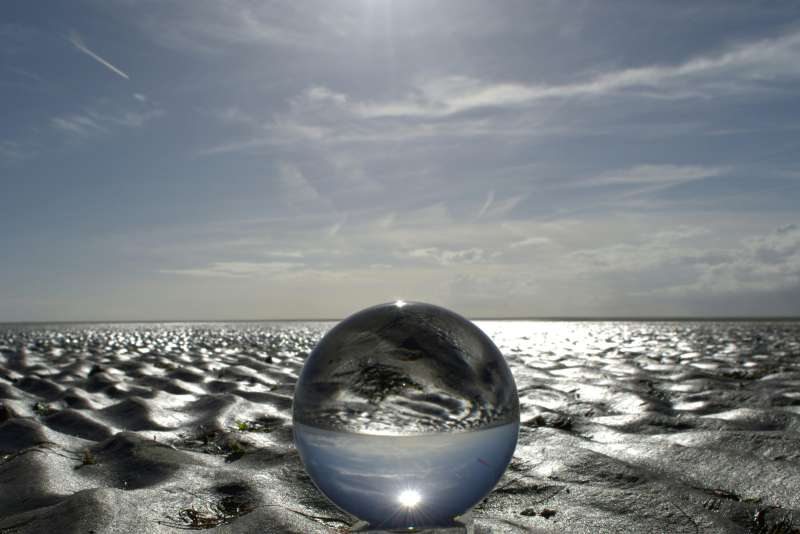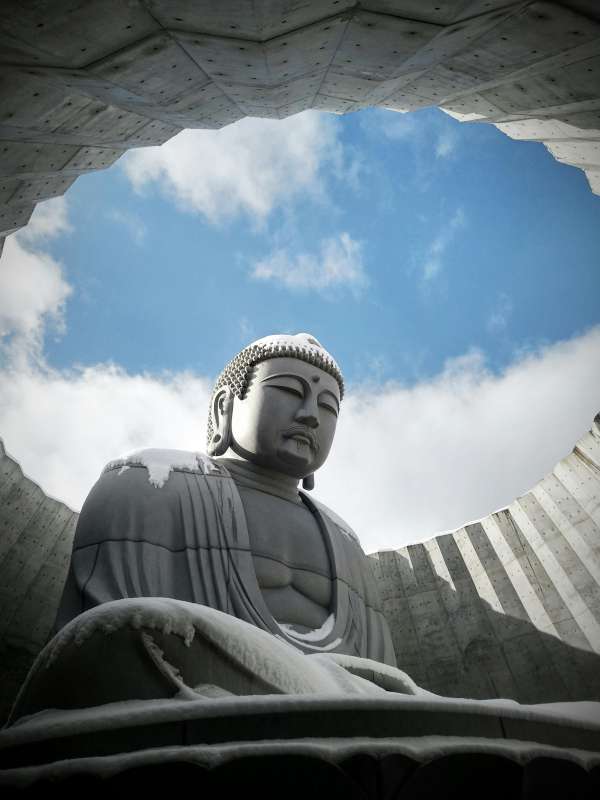Philosophical Questions of Time Travel
Published on: May 6, 2025
Introduction: The Allure and Mystery of Time Travel
Time travel has fascinated humanity for centuries, not just as a staple of science fiction, but as a profound philosophical challenge. From H.G. Wells’s The Time Machine to modern cinematic masterpieces like Interstellar and Tenet, the prospect of moving through time raises questions that shake the very foundations of our understanding of reality, causality, and morality. If time travel were possible, what would it mean for our sense of self, our choices, and our responsibilities? This article delves deep into the philosophical questions of time travel, exploring the nature of time, the paradoxes of causality, the implications for free will, and the ethical dilemmas that arise when the past and future are no longer fixed.
The Nature of Time: Linear, Cyclical, or an Illusion?
At the heart of time travel lies the question: What is time? Is it a river flowing inexorably from past to future, or is it more like a landscape through which we might wander in any direction? Philosophers and physicists alike have wrestled with this question for centuries.
Linear Time: The most common conception of time in Western thought is linear. Events occur in a sequence, each moment giving way to the next. This is the time of history and progress, of cause and effect. In this model, the past is fixed, the present is fleeting, and the future is open. Time travel, under this model, would require breaking the chain, moving against the current, or leaping ahead—actions that seem to defy the very nature of causality.
Cyclical Time: Many ancient cultures, from the Hindus to the Greeks, envisioned time as cyclical. The universe is born, grows, decays, and is reborn in endless cycles. In such a model, time travel might mean returning to a previous cycle or experiencing events as eternally recurring. This raises questions about destiny and repetition: If everything happens again and again, do our choices matter?
Time as an Illusion: Some philosophers, most notably J.M.E. McTaggart, have argued that time itself is an illusion. According to McTaggart’s famous argument, the flow of time is a construct of human consciousness, with no objective reality. If time does not exist, then neither does time travel—at least not in any meaningful sense. Yet, our experience tells us otherwise, creating a tension between theory and intuition.
Modern physics complicates matters further. Einstein’s theory of relativity shows that time is not absolute but relative to the observer. The ‘block universe’ interpretation suggests that past, present, and future all coexist, and that the flow of time is a feature of consciousness, not the universe. In such a universe, time travel may be conceptually possible, but what does that mean for our experience of reality?
Causality and Paradoxes: The Grandfather Paradox and Beyond
Perhaps the most famous philosophical challenge posed by time travel is the problem of causality. If you could travel back in time, could you change the past? And if so, what would happen to the present and future?
The Grandfather Paradox: Imagine you travel back in time and inadvertently prevent your grandfather from meeting your grandmother. If they never meet, you are never born—so how could you have traveled back in time to begin with? This paradox seems to reveal a contradiction at the heart of time travel, calling into question the very possibility of changing the past.
Bootstrap Paradox: Another classic is the bootstrap paradox, where an object or piece of information is sent back in time and becomes its own cause. For example, a scientist receives blueprints for a time machine from her future self, builds the machine, and eventually travels back to give the blueprints to her younger self. Where did the information originate? This challenges our understanding of causality and the origin of ideas and artifacts.
Consistent Histories and the Novikov Self-Consistency Principle: Some physicists and philosophers have proposed that time travel might be possible, but only if it does not create contradictions. The Novikov self-consistency principle suggests that any events that occur as a result of time travel must be consistent with the past as it already happened. In other words, the universe ‘conspires’ to prevent paradoxes. This view preserves causality but at the cost of limiting free will: you cannot change the past, only fulfill it.
These paradoxes force us to reconsider the nature of cause and effect. Are causes always prior to their effects, or can effects loop back to become their own causes? If the universe allows such loops, what does that mean for our understanding of logic and reality?
Free Will and Determinism: Are Our Choices Real?
Time travel raises profound questions about free will and determinism. If you could travel to the past, could you change it? Or is everything that happens already fixed, including your journey through time?
Determinism: If the universe is deterministic, then every event is the inevitable result of prior causes. Time travel, under this view, would be just another link in the chain of causality. You may think you are changing the past, but in reality, you are fulfilling it. This is the logic behind the self-consistency principle: you cannot do anything in the past that would prevent your journey back in time, because you are already there.
Free Will: On the other hand, if we have genuine free will, then time travel should allow us to make new choices and change the course of events. But this possibility leads to paradoxes and contradictions, as seen above. If you could prevent your own birth, or stop a disaster, then the timeline would change—perhaps spawning alternate realities or ‘many worlds’ where each possibility is realized.
Many-Worlds Interpretation: Some physicists and philosophers have embraced the many-worlds interpretation of quantum mechanics, where every possible outcome of an event creates a new branch of the universe. In this model, time travel might not change the past, but rather create a new timeline in which different events unfold. This preserves free will but at the cost of multiplying realities beyond comprehension.
Ultimately, time travel challenges our intuitions about agency and choice. Are we the authors of our destinies, or merely actors in a script already written?
Moral Responsibility and the Ethics of Time Travel
If time travel is possible, what are the moral implications? Are we responsible for actions that have already happened, or that we cause through time travel? Can we be blamed for changing the past, or failing to do so?
Responsibility for the Past: If you travel back in time and cause harm, are you morally responsible for actions that occurred before you were born? Does knowledge of future events impose an obligation to intervene, or to avoid interference? These questions complicate our understanding of moral responsibility, which is usually grounded in linear time and clear chains of cause and effect.
Preventing Atrocities: A common thought experiment is the question, "If you could travel back in time, would you kill Hitler?" This raises deep ethical dilemmas. On one hand, preventing atrocities seems morally justified; on the other, the consequences of such actions are unknowable and could be catastrophic. Does the end justify the means, or do we risk becoming the architects of even greater evils?
Temporal Ethics: Some philosophers have proposed new ethical frameworks for time travel, taking into account the unique challenges of influencing the past and future. These include principles of non-interference, or ‘temporal prime directives,’ which caution against meddling with the timeline except in cases of extreme necessity. Others argue for a utilitarian approach, seeking to maximize overall well-being across all timelines.
Ultimately, time travel forces us to confront the limits of our moral theories. When actions reverberate across time, the consequences become incalculable, and the burden of responsibility grows ever heavier.
The Psychological Impact: Identity and Continuity
Beyond metaphysics and ethics, time travel raises questions about personal identity and the continuity of the self. If you meet your past or future self, are you the same person? If you change your past, do you remain the same individual, or does your identity shift with the timeline?
Personal Identity: Philosophers have long debated what makes us the same person over time. Is it memory, physical continuity, or something else? Time travel complicates these questions, as it allows for direct interaction between different versions of oneself, or even the erasure of one’s own existence. If your memories change as the timeline shifts, can you trust your sense of self?
Psychological Consequences: The psychological impact of time travel could be profound. Meeting oneself, witnessing one’s own birth or death, or living through events multiple times could create existential crises, identity confusion, and trauma. Some stories explore the idea of ‘temporal madness,’ where travelers lose their grip on reality as the boundaries of time and self dissolve.
These questions highlight the deep connection between time, memory, and identity. Our sense of self is rooted in our history, and if that history becomes mutable, so too does our identity.
Conclusion: The Enduring Challenge of Time Travel
Time travel remains one of the most tantalizing and perplexing concepts in philosophy and science. It challenges our deepest assumptions about reality, causality, free will, morality, and identity. Whether or not time travel is physically possible, the questions it raises force us to reconsider what it means to be human, to act, and to be responsible for our choices. As we continue to explore the mysteries of time, we are reminded that the greatest journey may not be through the ages, but into the depths of our own minds and souls.










